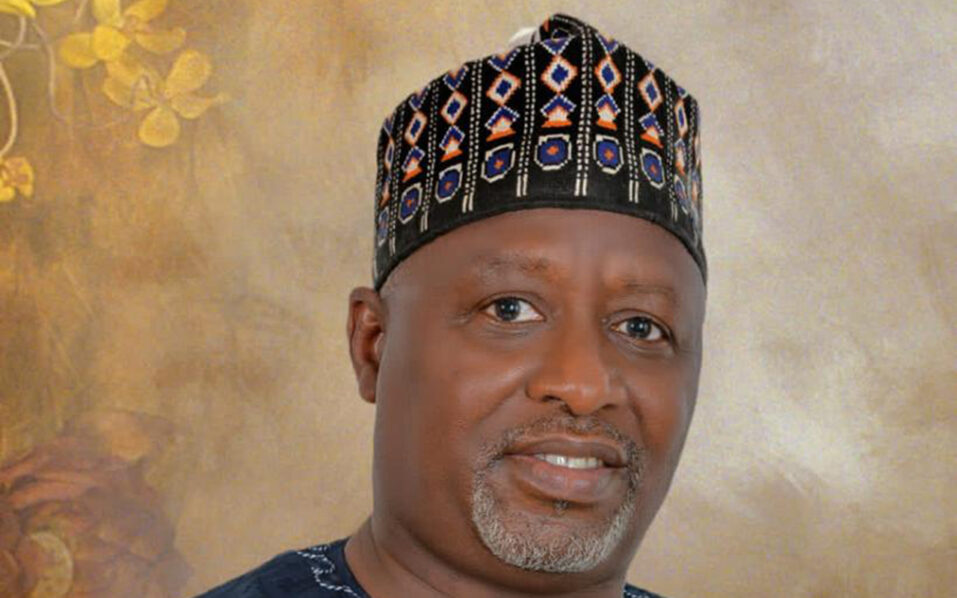
The Council for the Regulation of Engineering in Nigeria (COREN) says it is taking proactive steps to enhance the capacity of its members.
The body also says it is taking similar steps to ensure that engineering practices in the country meet global standards.
President, COREN, Prof. Sadiq Abubakar, stated this on Wednesday at a capacity building and training for Engineering Regulation Monitoring and Enforcement (ERM&E) and State Technical Committees (STCs) Teams in Abuja.
Abubakar noted that the council had the mandate to regulate the practice of engineering in the country.
According to him, the council oversees the engineering profession to guarantee that engineers adhere to standards that protect public welfare.
“We have updated the COREN Act, our regulations and our new innovations are in line with the best global practices. So it is often necessary for us to update our inspectors,” Abubakar said.
READ ALSO:Newly trained constables underwent rigorous mental training – NPF
He emphasized that the regulation of engineering practices was crucial in preventing the collapse of critical infrastructure, including buildings and bridges, which could result in loss of lives and economic losses.
He said: “Building collapse, the national grid collapse, the failure of roads and bridges are some of the outcomes.These are part of the menaces that we see.
“So, we have to synergies between the government and the private sector to ensure effective regulation of our engineering infrastructures across the country.”
Abubakar also expressed concern that engineers were underutilized by governments, leading to a lack of regulation in certain economic sectors.
“Engineers are underutilized by the governments and this could easily be seen in the economic sectors not regulated at all,” he said.
READ ALSO:PHOTOS: Adamawa police arrest two for store breaking, theft
The COREN president attributed the collapse of national infrastructure to the lack of engagement of engineers in regulations, citing examples such as building collapses and the failure of roads and bridges.
“To address these issues, COREN is working to foster synergy with other regulators in various sectors to ensure better regulation,” he said.
The council’s ERM&E Committee Chairman, Kam-Selem Bukar, noted that the council was shifting its focus toward regulatory enforcement and compliance, with a new roadmap and an extension of its regulation to 11 more sectors.
“The state technical committee, regional steering committee and the national technical committee have to be on the same page.
“This is in terms of understanding the roadmap to deliver on their mandate of engineering regulations, monitoring and compliance,” Bukar said.
Bukar explained that the council’s efforts are aimed at ensuring compliance and preventing infractions.
“Infrastructure is all about compliance and enforcement, but there are so many infractions and violations in the system and we can only stop that by monitoring and ensuring compliance.
So, where infractions are found, the culprits will be brought to book. That is the whole essence of the ERM team,” he said.
The keynote speaker, Kasim Ali, represented by the Deputy President of NSE, Ali Rabiu, highlighted the impact of engineering on society.
Ali spoke on the topic ‘Expansion of ERME in 11 sectors of the National Economy and Promoting Synergy with Sectorial Regulators in Nigeria’.
He said the importance of regulation in safeguarding public welfare and trust could not be overemphasized.
According to him, engineering impacts the society and regulation helps to safeguard public welfare and trust.
Ali noted that monitoring and enforcement across various sectors of the economy could drastically improve standards, reduce inefficiencies, and prevent failures that could endanger lives and property.
READ ALSO:Two Nigerians arrested in Kuwait for robbing exchange office $14,918
“Through these efforts, the nation could also reduce its dependency on foreign expertise.
“It could also increase local content, and build a stronger, more self-sufficient engineering industry capable of supporting its long-term development goals,” he added.
Also, Mrs. Margaret Oguntala, President, Nigerian Society of Engineers (NSE), described the training as apt.
Oguntala said the training was a testament to the commitment of engineers to continuous learning and professional growth.
She, however, urged the council to tie Continuing Professional Development (CPD) to the renewal of practicing licenses.
Oguntala said this would ensure that engineers deliberately remained abreast of emerging technologies and its application to the engineering profession.






